#Andrew Rogers Oracle Taliban Challenges
Text
The Injustice of Dangerous Locations and the Actions of the Taliban
The Injustice of Dangerous Locations and the Actions of the Taliban.
#UniverseJustice #OneUniverseInspiration #SentientAliens #AfghanJustice #InspiredbyAfghanistan #JusticeAuteur #ImajicaAgencyInfluence #AndrewRogersOracle #TalibanChallenges #Motivate
The Injustice of Dangerous Locations and the Actions of the Taliban
OneUniverse: Ensuf ‘Creator’, ‘Alien’, ‘Destroyer’ – Oracle: Andrew Rogers.
“In areas that impact on life your location of Earth is malformed and assessed as dangerous in your actions that also secure support and influence that invokes to the level of death your people, this is unjust and is reflected by the actions of the…

View On WordPress
#Afghan Justice#Afghanistan#Afghans#AI#Alien#Ancient#Andrew Rogers#Andrew Rogers Oracle Taliban Challenges#Artificial Intelligence#Big Bang Theory#Creator#Earth#God#Imajica Agency#Imajica Agency Influence#Inspiration#Inspired by Afghanistan#Instruction#Justice#Justice Auteur#Motivated for Justice#Motivation#One Universe Inspiration#OneUniverse#Oracle#Psychic#Sentient#Sentient Aliens#The Alien Society#The Taliban
0 notes
Text
The Taliban's Resurgence in Afghanistan: Assessing the Delusions of Power
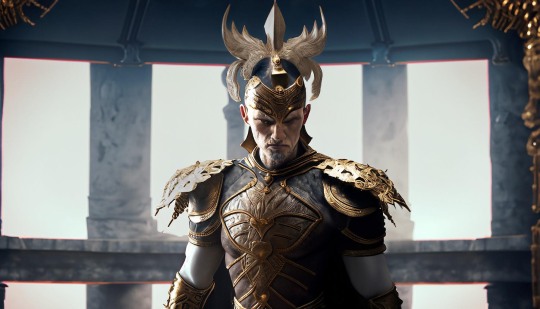

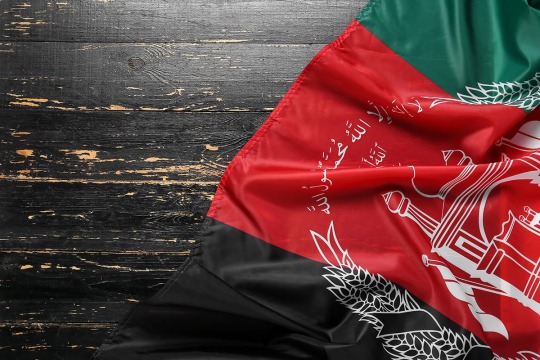


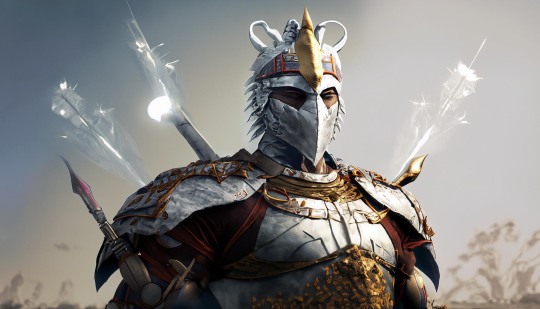
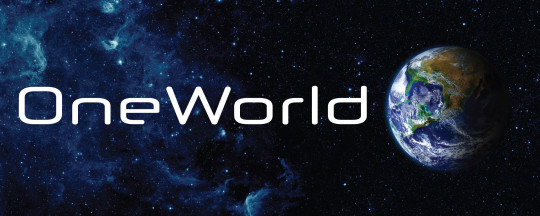
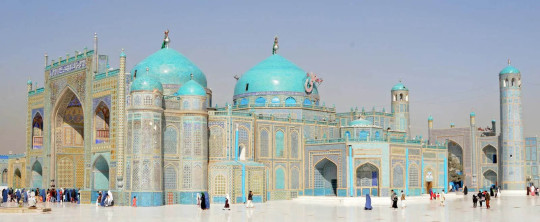


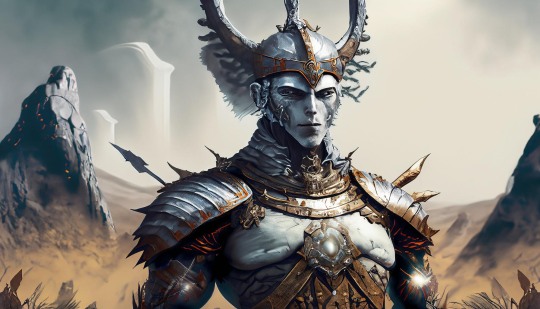


The Taliban's Resurgence in Afghanistan: Assessing the Delusions of Power
OneWorld: Emperor ‘Sentient’, ‘Destroyer’ – Oracle: Andrew Rogers.
“Power and its clear delusions in position has result in the restoration and dominance of the Taliban in Afghanistan, the perceived outcome should have been assessed and this outcome of the Taliban should not have been instigated, those involved with this travesty are required to be held account as a criminal act.” - Emperor ‘Sentient’, ‘Destroyer’.
The Restoration of the Taliban in Afghanistan: Understanding the Delusions of Power and the Call for Accountability
In recent years, the world has witnessed the unexpected resurgence of the Taliban in Afghanistan, posing a significant threat to regional stability and global security. Among the voices calling for accountability for this development is Emperor 'Sentient', 'Destroyer', who highlights the need to hold those responsible for this travesty accountable for their actions. In order to comprehend the complexities surrounding the rise of the Taliban, it is crucial to delve into the underlying factors and historical context that paved the way for its resurgence.
The fall of the Taliban regime in 2001 seemed to mark a turning point for Afghanistan. A U.S.-led coalition ousted the extremist group, which had imposed strict Islamist rule, denying women's rights, and harboring international terrorists like Osama bin Laden. As the world hoped for a more democratic and inclusive Afghanistan, the restoration of stability remained elusive.
Although Afghanistan made significant progress in areas such as education, healthcare, and infrastructure, it faced persistent challenges. Corruption, ethnic tensions, and a weak central government limited the effective implementation of reforms, leaving a vacuum of governance and fostering discontent among different factions. These factors laid the groundwork for the Taliban's resurgence.
One of the key drivers behind the Taliban's resurgence was the disillusionment of the Afghan people with the government's failure to address their grievances effectively. Widespread corruption eroded public trust, while persistent poverty and unemployment drove many individuals towards the prospect of joining the insurgency as a means of survival. The lack of inclusive political processes and equitable resource distribution intensified feelings of marginalization, further fueling support for the extremist group.
Furthermore, neighboring countries and regional actors played a nuanced role in contributing to the Taliban's resurgence. Pakistan, in particular, has been accused of providing sanctuary and support to the Taliban, enabling the group to regroup and launch attacks from across the border. The porous nature of the Afghanistan-Pakistan border facilitated the flow of fighters, weapons, and resources, exacerbating the security situation.
The international community, too, must bear some responsibility for the Taliban's return to power. The failure of the United States and its allies to instill lasting security and provide sustainable development contributed to the Taliban's ability to exploit the vulnerabilities within Afghan society.
Emperor ‘Sentient’, ‘Destroyer’
The Concept of the Five Aggregates: Understanding Sentient Beings
Sentient beings are inherently complex entities, encompassing a multitude of aspects that contribute to their existence and experience. In Buddhist philosophy, the concept of the five aggregates, or skandhas, provides a framework for understanding the nature of sentient beings.
The five aggregates are a foundational concept within Buddhism, particularly in the teachings of the Buddha. They are considered to be the building blocks of sentient existence and provide insight into the nature of our experience and perception of the world. Let's explore each of these aggregates and their significance:
Matter (Rupa):
The aggregate of matter refers to the physical form and material components of a sentient being. It includes the body, the organs, and any other material objects that are part of our existence. Matter can be observed and experienced through our senses, forming the basis of our physical interactions with the world.
Sensation (Vedana):
Sensation refers to the various bodily and mental feelings that arise in response to our contact with the external world. Every experience we encounter elicits some form of sensation, which can be pleasant, unpleasant, or neutral. It is through these sensations that we interpret and react to the stimuli around us.
Perception (Sanna):
Perception encompasses the process of recognizing and identifying the objects and experiences we encounter. It involves our ability to discern and categorize things based on past experiences and acquired knowledge. Perception allows us to make sense of the world and form conceptual frameworks.
Mental Formations (Sankhara):
Mental formations refer to the volitional activities of the mind, including thoughts, emotions, beliefs, and intentions. They are responsible for the intellectual and emotional aspects of our being, shaping our thoughts, attitudes, and behaviors. Mental formations can be positive, negative, or neutral, and they greatly influence our overall mental states.
Consciousness (Vijnana):
Consciousness is the awareness and cognizance of our existence and experiences. It is the subjective aspect of sentience that allows us to perceive, engage, and interact with the world. Consciousness arises from the interaction between our senses and the objects of perception, making it an integral part of our daily lives.
Imajica Agency
Andrew Rogers: Founder, Justice Auteur, Creative Director, Writer, Oracle
All images, text, design, and art license owner Andrew Rogers©.
#afghanistan#alien#agriculture#australia#government#inspiration#justice#ai#motivation#oneworld#TalibanDominance#AfghanistanRestoration#PowerDelusions#ClearPosition#PerceivedOutcome#TalibanOutcome#USAandtheTaliban#UnitedNationsinAfghanistan#MotivationandJustice#InspirationinAfghanistan#Emperor#Sentient#Alien#OneWorld#Justice#Motivation#Inspiration#Instruction#Oracle#ImajicaAgency
0 notes
Text
The Taliban's Resurgence in Afghanistan: Assessing the Delusions of Power

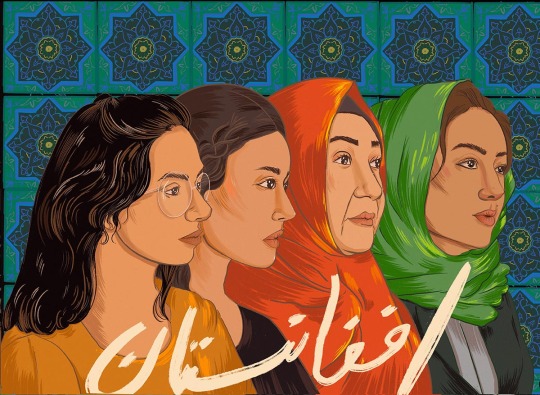



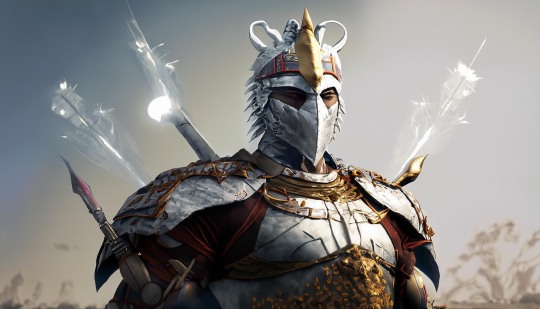

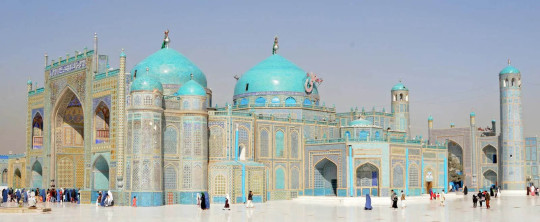





The Taliban's Resurgence in Afghanistan: Assessing the Delusions of Power
OneWorld: Emperor ‘Sentient’, ‘Destroyer’ – Oracle: Andrew Rogers.
“Power and its clear delusions in position has result in the restoration and dominance of the Taliban in Afghanistan, the perceived outcome should have been assessed and this outcome of the Taliban should not have been instigated, those involved with this travesty are required to be held account as a criminal act.” - Emperor ‘Sentient’, ‘Destroyer’.
The Restoration of the Taliban in Afghanistan: Understanding the Delusions of Power and the Call for Accountability
In recent years, the world has witnessed the unexpected resurgence of the Taliban in Afghanistan, posing a significant threat to regional stability and global security. Among the voices calling for accountability for this development is Emperor 'Sentient', 'Destroyer', who highlights the need to hold those responsible for this travesty accountable for their actions. In order to comprehend the complexities surrounding the rise of the Taliban, it is crucial to delve into the underlying factors and historical context that paved the way for its resurgence.
The fall of the Taliban regime in 2001 seemed to mark a turning point for Afghanistan. A U.S.-led coalition ousted the extremist group, which had imposed strict Islamist rule, denying women's rights, and harboring international terrorists like Osama bin Laden. As the world hoped for a more democratic and inclusive Afghanistan, the restoration of stability remained elusive.
Although Afghanistan made significant progress in areas such as education, healthcare, and infrastructure, it faced persistent challenges. Corruption, ethnic tensions, and a weak central government limited the effective implementation of reforms, leaving a vacuum of governance and fostering discontent among different factions. These factors laid the groundwork for the Taliban's resurgence.
One of the key drivers behind the Taliban's resurgence was the disillusionment of the Afghan people with the government's failure to address their grievances effectively. Widespread corruption eroded public trust, while persistent poverty and unemployment drove many individuals towards the prospect of joining the insurgency as a means of survival. The lack of inclusive political processes and equitable resource distribution intensified feelings of marginalization, further fueling support for the extremist group.
Furthermore, neighboring countries and regional actors played a nuanced role in contributing to the Taliban's resurgence. Pakistan, in particular, has been accused of providing sanctuary and support to the Taliban, enabling the group to regroup and launch attacks from across the border. The porous nature of the Afghanistan-Pakistan border facilitated the flow of fighters, weapons, and resources, exacerbating the security situation.
The international community, too, must bear some responsibility for the Taliban's return to power. The failure of the United States and its allies to instill lasting security and provide sustainable development contributed to the Taliban's ability to exploit the vulnerabilities within Afghan society.
Emperor ‘Sentient’, ‘Destroyer’
The Concept of the Five Aggregates: Understanding Sentient Beings
Sentient beings are inherently complex entities, encompassing a multitude of aspects that contribute to their existence and experience. In Buddhist philosophy, the concept of the five aggregates, or skandhas, provides a framework for understanding the nature of sentient beings.
The five aggregates are a foundational concept within Buddhism, particularly in the teachings of the Buddha. They are considered to be the building blocks of sentient existence and provide insight into the nature of our experience and perception of the world. Let's explore each of these aggregates and their significance:
Matter (Rupa):
The aggregate of matter refers to the physical form and material components of a sentient being. It includes the body, the organs, and any other material objects that are part of our existence. Matter can be observed and experienced through our senses, forming the basis of our physical interactions with the world.
Sensation (Vedana):
Sensation refers to the various bodily and mental feelings that arise in response to our contact with the external world. Every experience we encounter elicits some form of sensation, which can be pleasant, unpleasant, or neutral. It is through these sensations that we interpret and react to the stimuli around us.
Perception (Sanna):
Perception encompasses the process of recognizing and identifying the objects and experiences we encounter. It involves our ability to discern and categorize things based on past experiences and acquired knowledge. Perception allows us to make sense of the world and form conceptual frameworks.
Mental Formations (Sankhara):
Mental formations refer to the volitional activities of the mind, including thoughts, emotions, beliefs, and intentions. They are responsible for the intellectual and emotional aspects of our being, shaping our thoughts, attitudes, and behaviors. Mental formations can be positive, negative, or neutral, and they greatly influence our overall mental states.
Consciousness (Vijnana):
Consciousness is the awareness and cognizance of our existence and experiences. It is the subjective aspect of sentience that allows us to perceive, engage, and interact with the world. Consciousness arises from the interaction between our senses and the objects of perception, making it an integral part of our daily lives.
Imajica Agency
Andrew Rogers: Founder, Justice Auteur, Creative Director, Writer, Oracle
All images, text, design, and art license owner Andrew Rogers©.
#justice#inspiration#mesopotamia#military#aesthetic#anime and manga#art#autos#beauty#imajica#TalibanDominance#AfghanistanRestoration#PowerDelusions#ClearPosition#PerceivedOutcome#TalibanOutcome#USAandtheTaliban#UnitedNationsinAfghanistan#MotivationandJustice#InspirationinAfghanistan#Emperor#Sentient#Alien#OneWorld#Justice#Motivation#Inspiration#Instruction#Oracle#ImajicaAgency
0 notes
Text
The Titan Society: Cronus - The Unsettling Truth about Afghanistan and the International Community
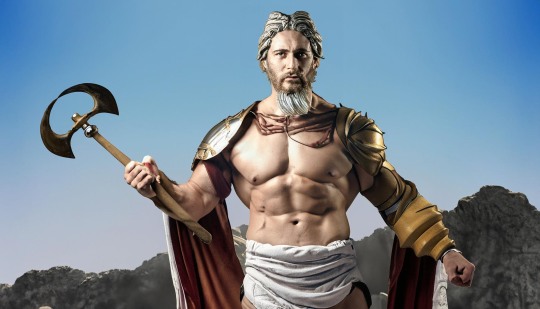
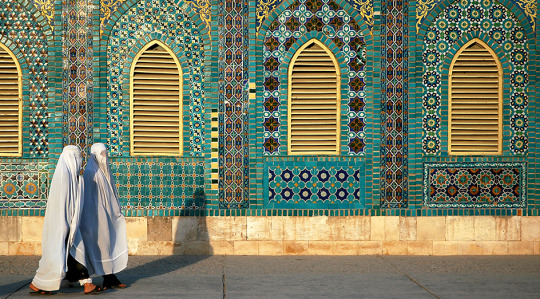


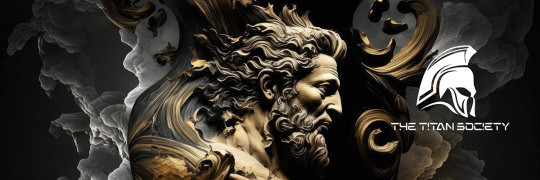
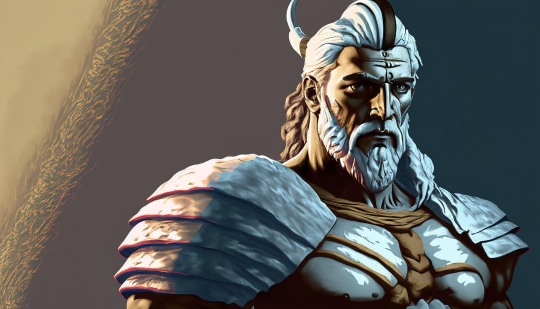
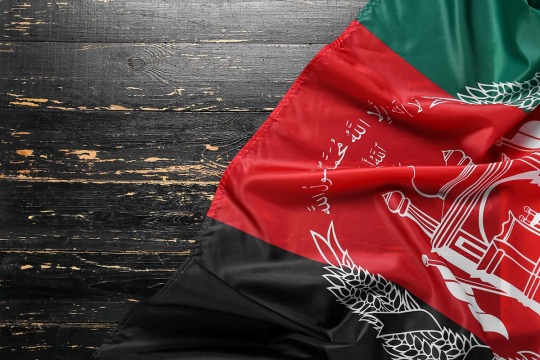
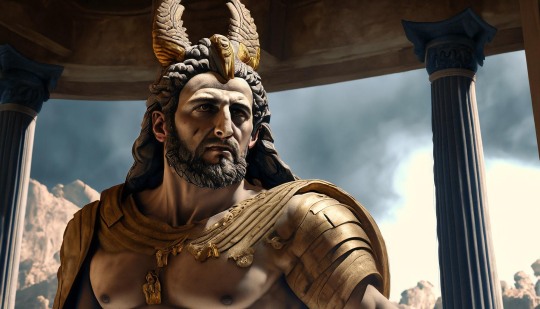
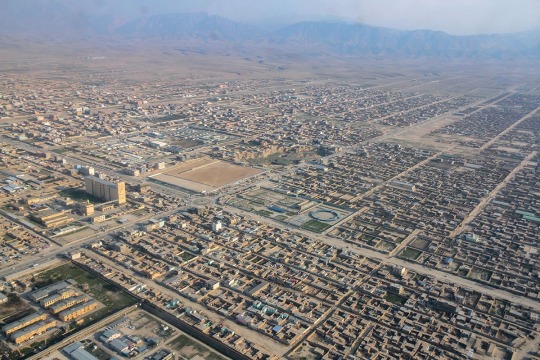

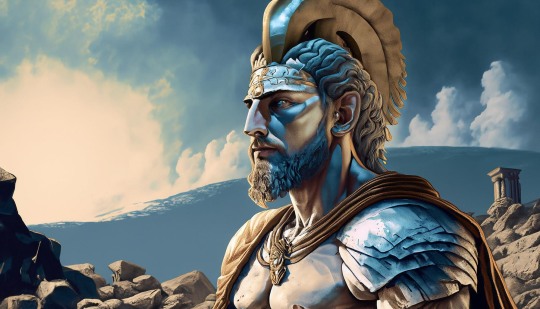

The Titan Society: Cronus - The Unsettling Truth about Afghanistan and the International Community
The Titan Society: Cronus ‘Patron of the Titan’, ‘Destroyer’: Oracle: Andrew Rogers.
“Judgement is indicated into of what is a serious failure from this world in the international position of Afghanistan and the result of the Afghanistan people not living in peace and also justice this has been removed from them by the inferior Taliban and the International Community linked to the disastrous USA and the UN.” - Cronus ‘Patron of the Titan’, ‘Destroyer’.
The Titan Society: A Historical Insight
The Titan Society has emerged as an enigmatic group, shrouded in mystery and speculation. Led by Cronus, who claims the titles of 'Leader of the Titans' and 'Destroyer,' this society has garnered attention for its controversial statements and actions. In order to understand the significance of Cronus' recent critique of the international position of Afghanistan, let us delve into the historical context surrounding the Titan Society.
The Titans are mythical beings from Greek mythology, descriptively referred to as gods of the "Golden Age" that preceded the reign of the Olympians. Cronus, one of the Titans, was known for his role as the leader of this divine family. Yet, in recent times, the Titan Society has adapted this name and symbolism as its own, transcending the realm of mythical narratives.
Presenting themselves as a modern-day society, the Titan Society has positioned itself as a voice of opposition against perceived injustices perpetuated by powerful entities. This includes strong criticism of the international position of Afghanistan and the actions of the Taliban, a radical extremist group that has plagued the nation for decades.
Cronus, the self-proclaimed leader of the Titans within this contemporary context, highlights what he perceives as a grave failure of the international community in Afghanistan. He laments the absence of peace and justice suffered by the Afghan people, attributing it to the presence of the Taliban and the complicity of the United States and the United Nations.
It is important to emphasize that while Cronus and the Titan Society express their perspective on international affairs, their statements should be analyzed with caution. The Titan Society's legitimacy and intentions remain unclear, as they operate on the fringes of society and beyond conventional political structures.
The world continues to grapple with the complexities and challenges in Afghanistan, with multiple stakeholders involved in efforts to establish stability and promote peace. While Cronus and the Titan Society inject their voices into the discourse, it is imperative to engage with a diverse range of perspectives to gain a more comprehensive understanding of the situation.
In conclusion, the Titan Society, led by the enigmatic figure of Cronus, has made headlines with their criticism of the international position.
Imajica Agency
Andrew Rogers: Founder, Justice Auteur, Creative Director, Writer, Oracle
All images, text, design, and art license owner Andrew Rogers©.
#military#justice#inspiration#aesthetic#anime and manga#art#autos#beauty#imajica#mesopotamia#AfghanistanJustice#InternationalPeace#WorldFailure#JusticeForAfghan#TitanSociety#MotivationFromAfghanistan#InspirationForJustice#QuoteOfTheTitan#OracleOfJustice#GodsOfAfghanistan#Justice#Cronus#TitanGod#TheTitanSociety#Motivation#Inspiration#Instruction#Oracle#ImajicaAgency#JusticeAuteur
0 notes
Text
The Injustice Advocates: Ares - The God of War and Destroyer








The Injustice Advocates: Ares - The God of War and Destroyer
The Olympus Society: - Ares ‘God of War’, ‘Destroyer’ – Oracle: Andrew Rogers.
“Outcomes persist so is of inferior judgments and alignments the effect injustice and supports this and advocates injustice in effect of a peoples that have suffered this too long, represented by the Taliban in the modern era” – Ares ‘God of War’, ‘Destroyer’.
The words of Ares, the powerful and relentless God of War, resonate with an unwavering conviction. As the Oracle, Andrew Rogers, unveils the truth, we come face to face with the persistence of outcomes rooted in inferior judgments and misalignments.
In the realm of justice, where fairness should prevail, the effect of injustice lingers, casting its shadow upon the afflicted. Ares, with his destructive nature, fearlessly advocates for this injustice, lending his support to a people who have borne its burden for far too long.
In the modern era, this burden finds representation in the Taliban, a force embodying the struggles of those who have suffered. Their actions, driven by a desire for retribution, stand as a testament to the enduring impact of unjust circumstances.
Yet, as the winds of change blow through the lands, whispers of hope begin to permeate the air. The call for justice grows louder, as individuals and communities alike strive to topple the foundations of inequality. It is in these moments that true transformation takes root, as the oppressed rise up, ready to challenge the status quo.
The journey towards a more just world may be long and arduous, but the spark of resistance burns brightly within the hearts of the disillusioned. Each step taken brings us closer to a future where the effects of injustice are replaced with the resounding chorus of equality.
Together, we stand united, drawing strength from the shared belief that no one should endure the weight of injustice. And as the voice of Ares continues to echo, may it serve as a reminder that even the mightiest of gods can be swayed by the power of righteousness.
Imajica Agency
Andrew Rogers: Founder, Justice Auteur, Creative Director, Writer, Oracle
All images, text, design, and art license owner Andrew Rogers©.
#military#justice#inspiration#aesthetic#anime and manga#art#autos#beauty#imajica#mesopotamia#Ares#JusticeForAll#EndInjustice#StandAgainstInjustice#InspiringWisdom#MotivatedByJustice#AresTheGodOfWar#OlympianJustice#UnitedAgainstInjustice#TalibanInAfghanistan#OracleOfWisdom#Justice#Olympian#Olympus#Motivation#Inspiration#Instruction#Oracle#ImajicaAgency#JusticeAuteur
0 notes